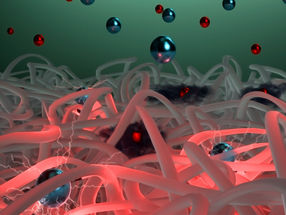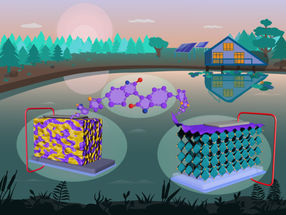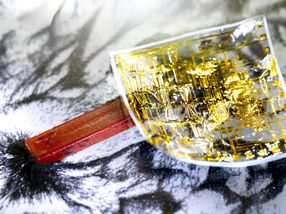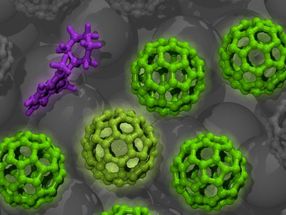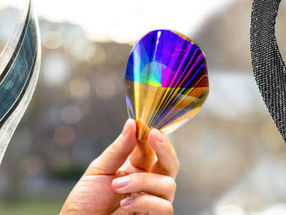Electronics - 509 News
Tip: You can further refine your news selection by departments, organizations, countries and industries.
Electronics - 509 News
Tip: You can further refine your news selection by departments, organizations, countries and industries.
Loading...
Electronics - News by topic
Electronics - News by department
Electronics - News by industry
Electronics - News by country
Haven't found the right news yet?
The chemeurope.com news search
Start your targeted search now with a wide range of filter options. Our database includes an archive of 27,532 chemistry news from business and science, which you can search by topic and organization, filtered by time and geography.














